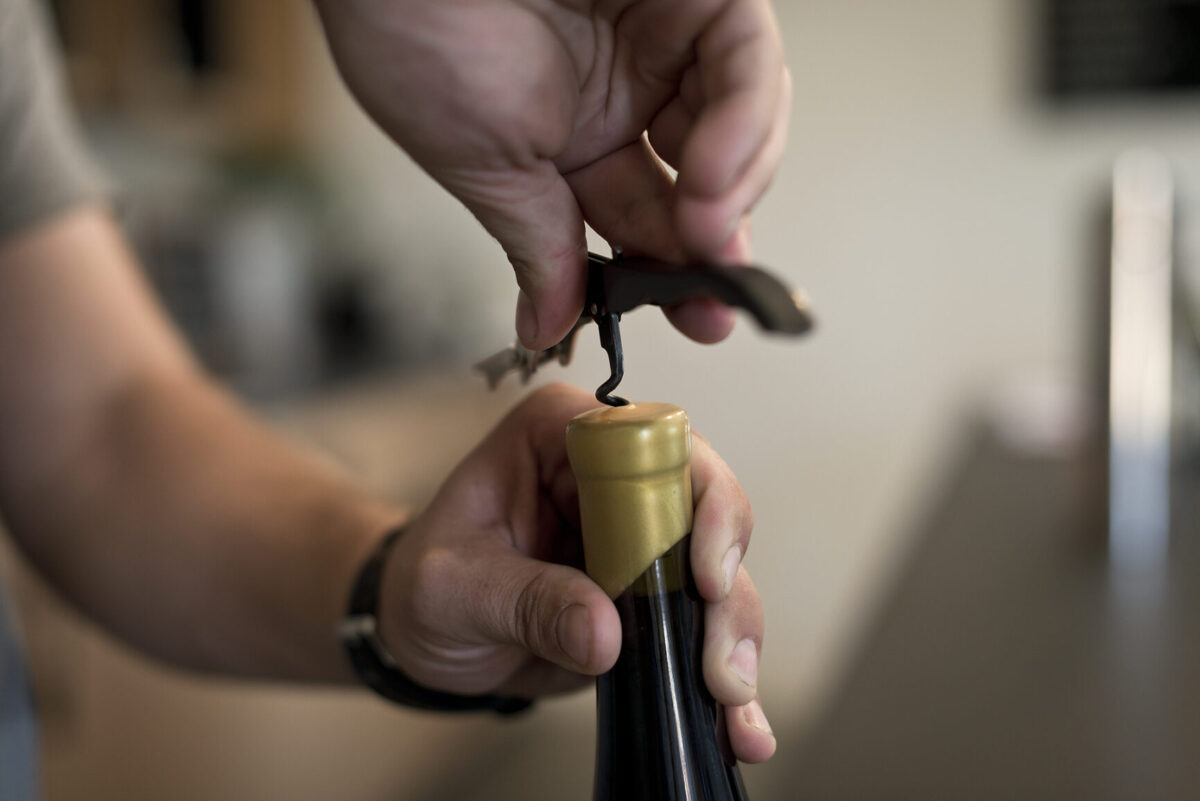Why age Wine?
When a bottle of wine is aged, the process imparts a distinctive and individual drinking experience. The longer it is cared and aged for, the more individual the wine becomes. This is due to the subtle storage conditions that are unique to where and how you store your particular bottle of wine. This personal connection explains the feeling of euphoria and triumph when a bottle you have kept for a long period is opened and is amazing.
Within the bottle, oxygen reacts with wine to soften the tannin and provide balance and harmony. The “primary” fruit characters diminish and eventually the “secondary” characters develop, giving the wine more earth, spice, and elegance than when it was young.
When is the right time to open my wine?
This is a timeless question, without an exact answer! There are many factors that will influence this, including the grape variety, vineyard pedigree and winemaking techniques. The flavour preferences of the individual opening the bottle also need to be considered, and if you are used to drinking young, fresh wine, then it is better to open something before it gets too old. Wine will not continue to get better and better the older it gets, and I think it is a lesser misdemeanour to open something too early than it is to leave it too late. If in doubt, contact the winery and they will usually be happy to advise on the optimal drinking age.
How should I drink it?
There are a few simple things to consider that will improve your drinking experience with old bottles of wine. Firstly, stand the bottle up for at least 24 hours before you intend drinking it. This will allow any solid material (mainly tartrates) to settle in the bottom of the bottle and make it easier to decant. Next, the cork will probably be harder to get out than normal and may crumble. Ensure that you insert the corkscrew as deep as possible and try to gently crack the initial seal. Once this happens, it should come out more easily.
Old wine should be decanted to remove all the solid material that has developed in the bottle and to allow more oxygen into the wine. Do not rate a wine based on how it looks when you first remove the cork; great old wine will amaze you with its ability to open up and come back to life with time in the decanter.
Remember, old wine is not as obvious, powerful or pugnacious as young wine. Take time to breath in the aromas and feel the wine in your mouth. It is a different drinking experience.
There is no harm in admitting that you don’t like old wine, and just enjoying charismatic, energetic and fresh young wines. I actually prefer wine that is semi-aged and will always try to keep the ageing process at around 10 years for wines that I know should age for longer. But it is certainly worth experimenting with ageing wine. When it all comes together, it will be a discovery like nothing else; a connection beyond the vineyard and winemaker, and something that will intrinsically link you to a specific bottle of wine. And you won’t get that from your weekly tipple.
Cheers,
Craig Isbel
Winemaker

